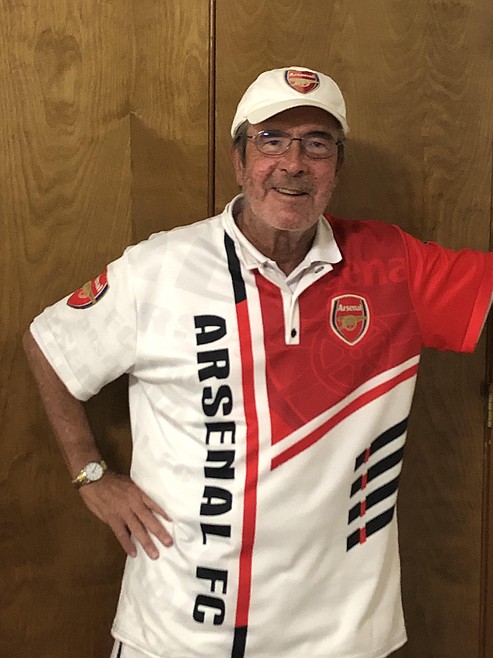THE CHEAP SEATS with STEVE CAMERON: NASCAR has learned through tragedy
How would it feel to lose America’s most famous race by three-one hundredths of a second?
“It really sucked,” said Bubba Wallace, stating the obvious after coming less than a fender length of catching rookie Austin Cindric at the finish of the Daytona 500 on Sunday evening.
But …
A fender length probably isn’t the right description, since Bubba lost a fender when he got sideswiped in the race’s fourth major accident with about a lap remaining.
Thus, the race went into overtime — a curious procedure in which the leader (Cindric) gets to jump out first, and if he’s still there after one lap, he wins.
Amazingly, Wallace started that single lap in fourth place, somehow passed two cars, then zoomed up inside of Cindric.
Just a shade too late.
For the record, I’m not an every-week NASCAR fan.
I know the big stars, I kind of enjoy the major races, and I have a sad but solid connection to the Daytona 500.
It was on TV and not in person, and yet …
I can’t forget watching Dale Earnhardt get killed on turn four of the last lap in 2001.
TRAGIC as that head-on crash into a wall certainly was, I felt some obligation to grieve all over again the next morning.
I was living in Charlotte at the time — the capital and soul of NASCAR racing — and when I was driving to work the next morning on I-77, several of the DEI (Dale Earnhardt Inc.) support trucks came along, heading in the same direction.
They were returning from Daytona, and since Earnhardt’s headquarters were in a suburb north of the Charlotte metro area, the sorrowful procession of vehicles was visible to thousands.
Somehow, seeing all those heartbroken people was like watching the tragedy all over again.
And besides that …
All day long that Monday (and maybe for a day or two more), the entire region was thrown into collective shock at losing “The Intimidator,” a competitive giant who won 676 races over 27 years.
If you went into a grocery store, everyone was whispering — as though the entire city was attending a funeral.
Which I was suppose it was.
Now, just over two decades later …
I still remember Earnhardt’s crash, but I’m also aware of all the good things that have come from it — specifically, widespread safety changes at all NASCAR tracks.
We’re not talking about minor alterations, either.
Almost everything has been seriously upgraded to protect drivers, crew members and even spectators at NASCAR events.
SUNDAY’S race, for instance, featured more steaming, broken hulks on the track than the Battle of Kursk.
Okay, I was showing off there.
Kursk was a turning point in World War II, a clash that involved more than 20,000 German and Russian tanks blasting away at each other.
So, yes, there was plenty of charred metal in the aftermath on the Russian plains.
I exaggerated a little bit, okay?
There were also three million troops at Kursk and surrounding skirmishes, so even though NASCAR draws big crowds, I won’t pretend to go quite that far.
Still, this year’s Daytona 500 — the first attempt at equalizing competition by making everyone use hopefully level NextGen cars — wound up littered with casualties.
However …
They were all cars, not drivers.
SOME of the crashes, including one that involved a head-on whack into a wall (so reminiscent of Earnhart), and another that saw a car do a full one and half revolutions in the air, well …
The fact that all the drivers walked away appeared to be remarkable — but in truth, it had a lot to do with NASCAR’s self-examination, and changes in the wake of losing Dale and his legendary black No. 3 car.
More than half the starting field of 40 cars were involved in pile-ups this year.
Yet knowing that everyone was safe made the race great entertainment.
Even if that goofy, one-lap overtime thing, really did …
As Bubba said …
Suck.
Email: scameron@cdapress.com
Steve Cameron’s “Cheap Seats” columns appear in The Press on Mondays, Wednesdays and Fridays. He also writes Zags Tracker, a commentary on Gonzaga basketball which is published weekly during the season.
Steve suggests you take his opinions in the spirit of a Jimmy Buffett song: “Breathe In, Breathe Out, Move On.”

